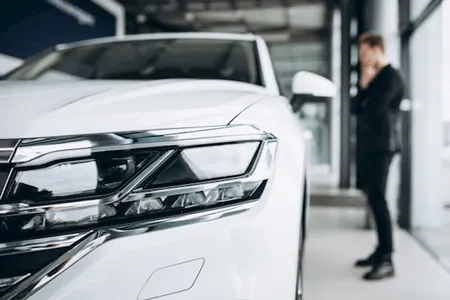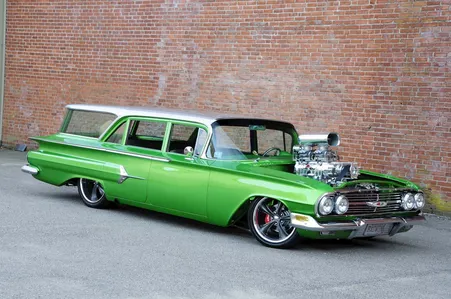Anxiety – Stress – Pressure – Confusion…Do these words describe your feelings when it comes to car shopping? The large expenditure possibly involved and the myriad of choices on the market can be overwhelming. Likewise, the need for education and information, although critical, can be just as overwhelming. If you are one of the many individuals who find this a tension-filled process, hopefully, these few tips will help you lay your burden to rest and find the perfect car for you.
- Make sure you have factored the cost of a car into your budget before you even get on the lot. If you can't afford a particular car, don't let the salesperson talk you into buying it. It is imperative to stay firm on the amount you have budgeted. By keeping your budget in mind, you can be confident that you won’t face financial hardships due to your car in the future.
- Never buy a car on your first purchase to the showroom. Car salesmen dream of customers walking out with a new set of keys in hand on their first visit and while this may be tempting, you need to understand that you are making a big purchase. Take your time shopping around and make sure that the deal you're being offered is really the best one for you.
- When buying a used car, make sure you get an accident report on it. This will let you know if that car has been in any type of accidents. If you still want to buy it, the report can serve as a negotiating tool.
- Focus your negotiating on getting the best deal possible on the total price of the car and the financing you need. Look at the total price of the vehicle, not just the monthly payment. Good financers can make any monthly price happen, but you could end up making monthly payments for years on the total cost of an outrageously over-priced car if you miss this step.
- When buying privately, if you can’t bring along a mechanic, make sure you have the vehicle looked over by one before you agree to purchase it. If the owner is reluctant to let you do that, walk away. There may be hidden problems that can be expensive to repair. You should not buy it without knowing exactly what is under the hood. Even if it looks fantastic, there may be mechanical issues lurking and a trusted mechanic will be able to spot any major issues. An important part of the inspection is a test drive. This allows you to feel the car on the road, listen for any wayward noises and possible spot issues with performance.
- If you are planning on a trade in, clean all personal items out of your current car. Doing this one thing will save you a considerable amount of time at the dealership. This will also ensure that you don’t leave behind valuables or important documents such as insurance papers. Nothing is worse than getting home and realizing you forgot something in the car you just left at the dealership. Also, if you have alumni or commemorative tags, take those off as well.
Shopping for a new vehicle can make even the savviest consumers nervous. However, by taking the time to review tips like those found in the article above, it is possible to actually have a fun experience purchasing your new car.








